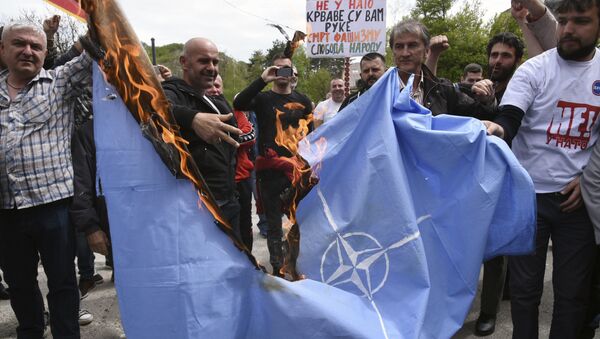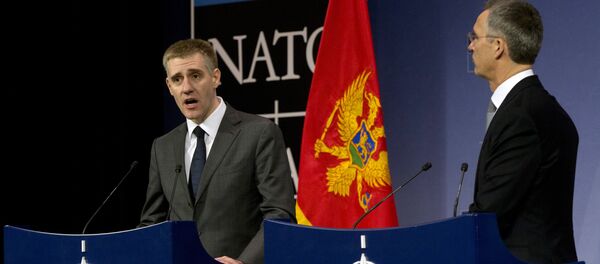WASHINGTON (Sputnik) — US Vice President Mike Pence, during his address at the Atlantic Council Distinguished Leadership Awards 2017, named Russia and Iran, along with the threat of global terrorism, as the primary and most relevant security concerns for NATO.
"From Russia’s efforts to redraw international borders by force, to Iran’s attempts to destabilize the Middle East, to the global menace of terrorism that can strike anywhere and anytime. It seems that the world is more dangerous today than at any point since the fall of Communism a quarter century ago," Pence said.
Pence reiterated the United States' commitment to the treaty and said that it would continue to evolve.
"Our commitment is unwavering, we will meet our obligations to our people to provide for the collective defense of all our allies. The United States is resolved, as we were at NATO’s founding and an every hour since, to live by that principle that an attack on one of us is an attack on all of us," Pence said.
Moscow has repeatedly warned that amassing troops and military equipment on its borders is provocative, violates past NATO pledges, and can lead to regional and global destabilization.




